
No Anger, No Grudge
How can we love someone who caused us pain? Let's view the unfavorable experiences that we endured with eyes of emuna to spare us anger and grudge-holding…

A woman who attended one of my lectures approached me tearfully and told me that she suffers terribly from her husband, as if her life was the bottom rung of purgatory. Some of her friends advised her to get divorced; others told her to seek revenge and more. I asked her, “Did you take their advice?” She answered that whatever she did just made her life more miserable. I told her, “There’s only one thing to do – teshuva.” I explained to her what the Gemara in tractate Shabbat says: there are no tribulations without prior transgression. A short while later, I heard good news from her – she started doing teshuva and everything turned around for the better.
It doesn’t matter what’s happening in your life, even if a certain person is directly responsible for causing you harm. According to the principles of emuna, you must believe that everything that happens to you is all the product of Divine justice, and that you deserve it, and that Hashem is acting justly in everything that’s happening to you. Hashem is truth and we sometimes perform misdeeds. Jeremiah the Prophet said, “Of what shall a living man complain, a man for his sins’ let us search and examine our ways and return to Hashem” (Lamentations 3:39-40). In other words, instead of complaining and feeling bitter about what happened to you, take responsibility for yourself, assess yourself, see what you might have done wrong and improve and rectify what you can.
Yet, instead of taking positive action, people create images in their mind that they suffer from, blaming people for their suffering rather than looking at Hashem. This further invokes stern judgments. The Heavenly Court then examines the disgruntled person’s file to see if he or she is rightfully indignant about what they have suffered. Oftentimes, the person’s file shows that he or she deserved much worse, and  then they’re in big trouble – trouble that they brought upon themselves by their complaining.
then they’re in big trouble – trouble that they brought upon themselves by their complaining.
Let’s take a look at how to view the unfavorable experiences that we endure from other people with eyes of emuna; this will spare us anger and grudge-holding:
The first possibility is that John Doe upset/insulted/harmed or stole from you because you owe him something from a previous lifetime. The anguish you suffer from him is exacting, the result of Divine Providence, not a tiny bit more or less that what Hashem decrees. This is the manifestation of a spiritual rule: whatever you don’t understand can be explained through the secret of reincarnations.
The second possibility is that John Doe caused you to suffer because Heavenly decree that stated that you must endure a certain amount of suffering. John Doe is merely the unfortunate executor of the decree, or in other words, “The name of the stick in Hashem’s hands.” Does it really matter what we call the stick? We have to look at whomever is wielding the stick – in other words, Hashem!
Has John Doe caused you pain, damage or insult? There is a stern decree hovering over you and you must make teshuva. As far as John Doe goes, forgive him. Hashem will punish him for having chosen to be a rod of punishment instead of a staff of support. Remember what King David says in Psalm 23, “Your rod and Your staff they comfort me.” He looked at Hashem, not at the stick, and that’s what comforted him. This same wonderful advice is what can comfort us too.


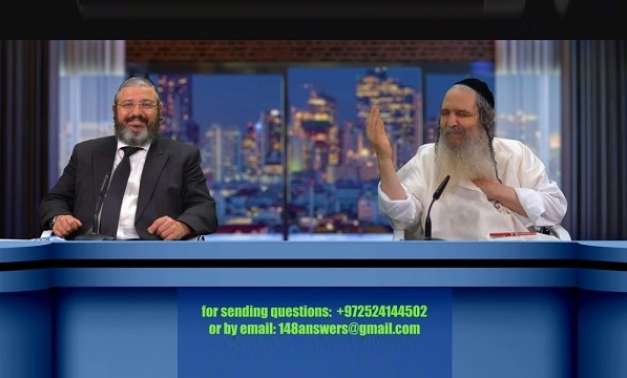



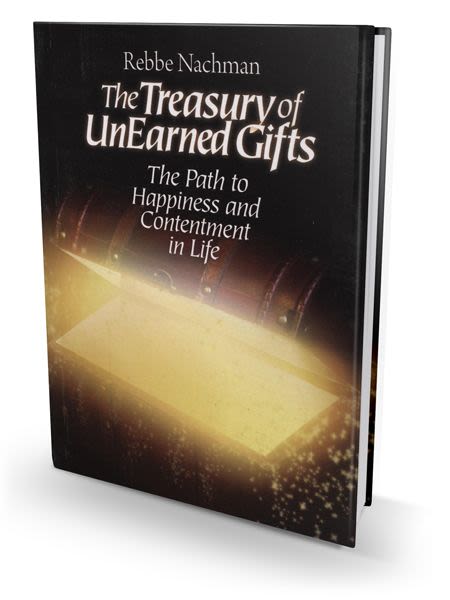
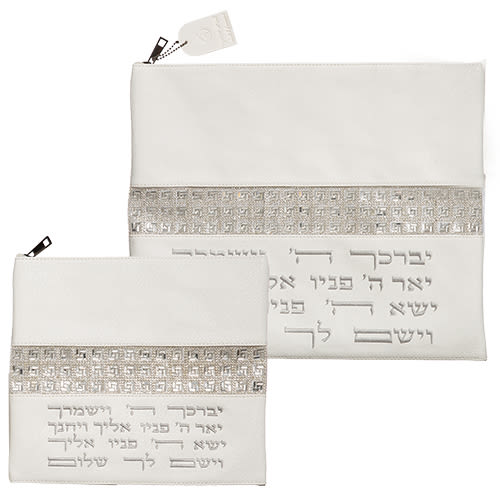
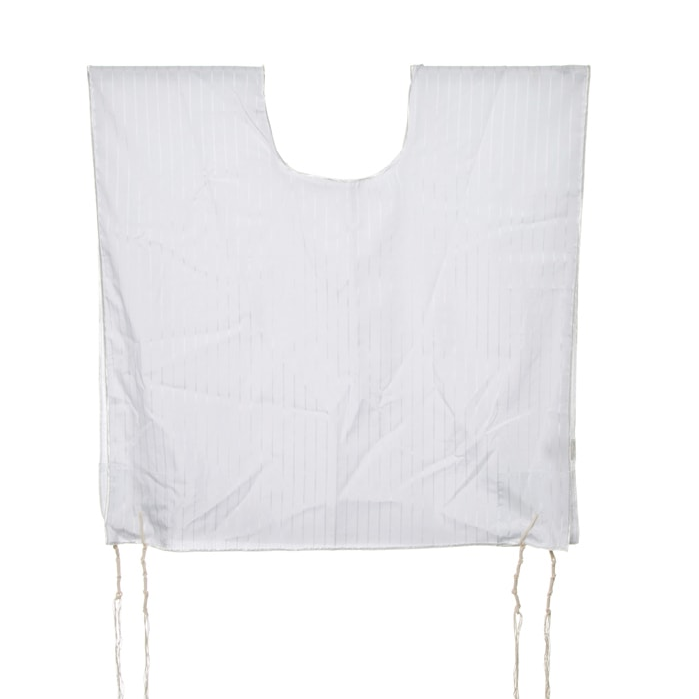
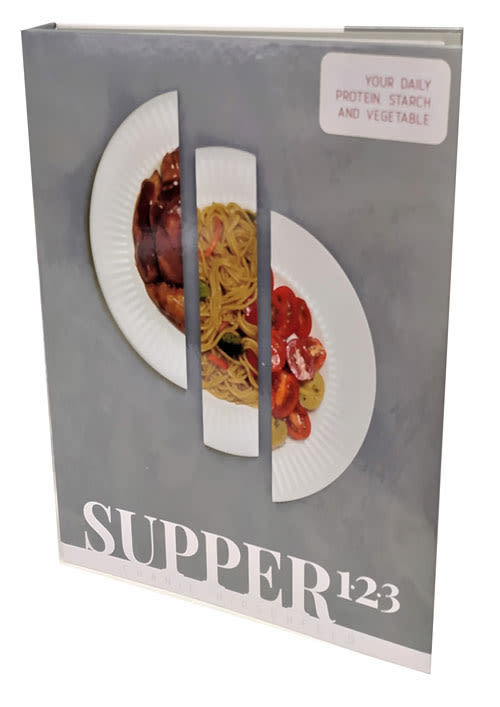
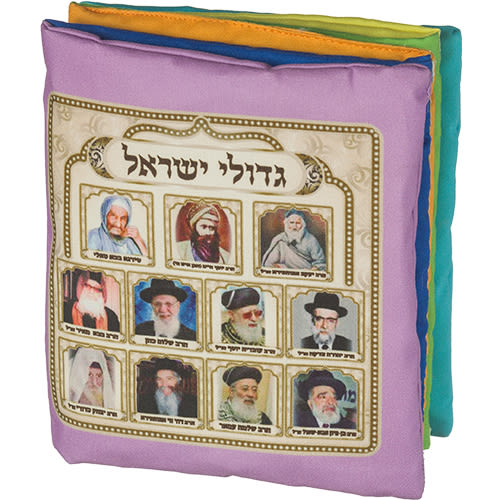
1/02/2018
Brocha
Can I please get a brochah from rabbi shalom Arush it's very urgent please I beg of him. He is a tzadik
1/02/2018
Reply
Can I get a blessing from rabbi Arush. It is really important please.